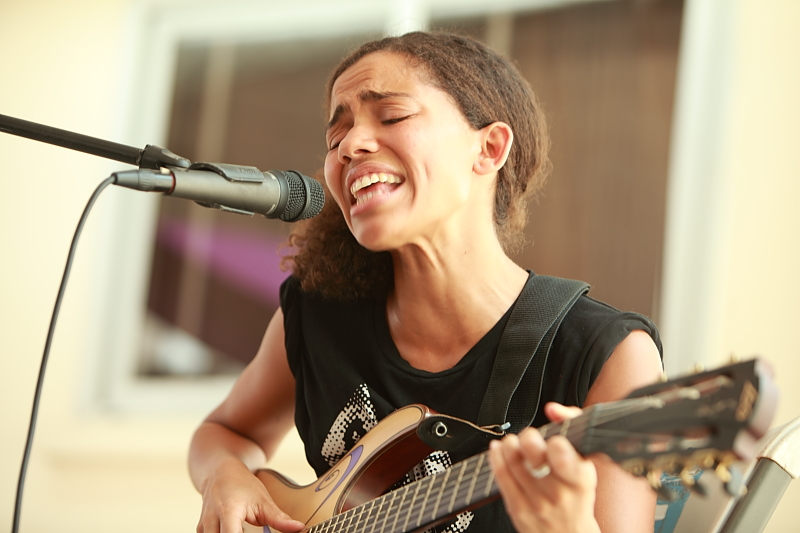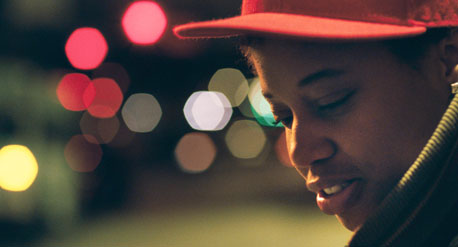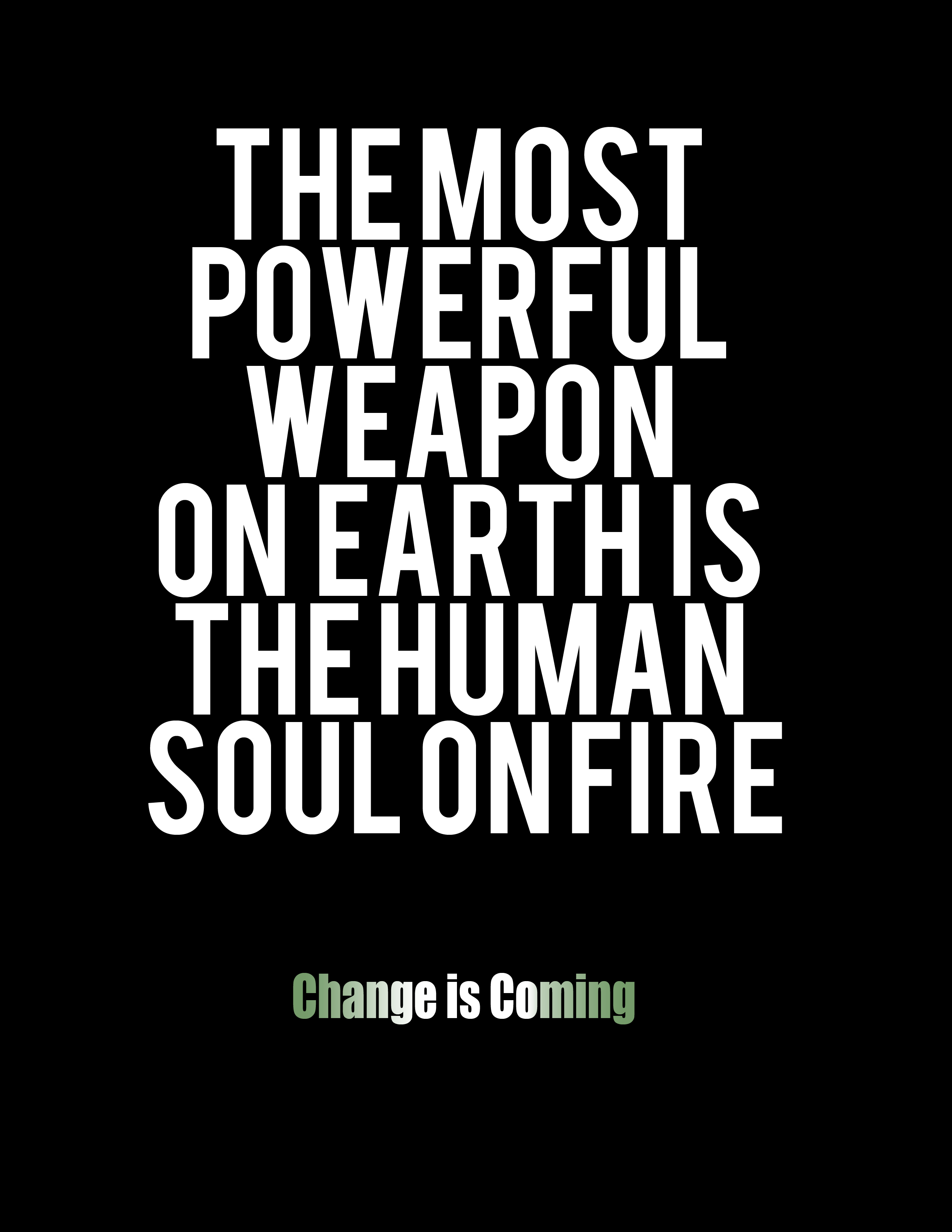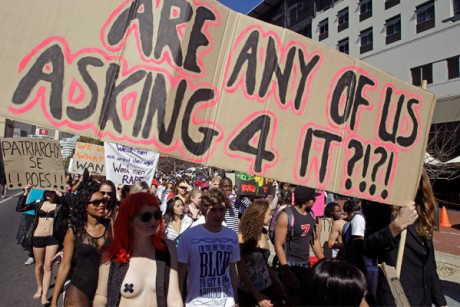On February 16th, 2012, Africa Women's Development Fund out-doored NNEKA (one of my favorite Nigerian artists) as their first Ambassador of the Arts. NNEKA was born in Warri, Oil City in the Delta region of Nigeria at the height of its new found wealth in the mid 70s. Her lyrics…
-
-
Inspired by Pariah: My Personal Story about Coming Out as a Nigerian “Boi”
As the strapless lilac dress found its awkward place on my body, the delicate layer of my personal confidence dropped mercilessly to the floor.. When my father said I looked "pretty," I immediately went on a dramatic tirade (more dramatic than usual) to assert that this wasn't who I was.…
-
My Straight African Brother’s Reflections on a Very Queer Christmas: “Two Couples and a Sibling”
My brother wrote this guest post for me for Christmas and I couldn't be any more moved. For any of you feeling hopeless about your families coming around, I want you to read this and see this as your future, see this as where your own family members could go.…
-
Open Letter to LGBT Nigerians and Diaspora: Stand Fast, Change is Coming
They are afraid, of our voices, of our power, of our resiliency. They are afraid of a younger generation of citizens, activists, and diaspora, and our collective belief in a more progressive Nigeria. They are afraid of our growing influence as we gather allies not just from the west, but…
-
Not Your Ordinary Thanksgiving: Reflections on Nigeria’s Anti-LGBT Bill (from a Gay Nigerian)
Today, as I await the news of Nigeria's latest anti-LGBT bill, I feel like an abandoned child who belongs nowhere -- it has nothing to do with not having a place to eat Turkey.




